Archive
Lifepath is a research consortium funded by the European Commission under Horizon 2020, which aims to understand the impact of socio-economic differences on healthy ageing with an approach that considers the relative importance of effects on life,... more

People living in more disadvantaged social and economic conditions, especially in young adulthood, are more likely to experience higher levels of inflammation, which in turn can lead to serious health issues like atherosclerosis or coronary... more
Populations from countries with higher income inequality have higher average levels of inflammation and display greater differentials in inflammation based on individuals’ socioeconomic position.
The relationship between socioeconomic disadvantage and health inequalities lies at the core of Lifepath research. A growing amount of evidence highlights the role of chronic inflammation in this connection, as confirmed by two... more
Ten years ago, as the financial crisis spread across the world, the World Health Organization’s Commission on Social Determinants of Health released its final report.
... more
Lifepath researchers gathered all the evidences on the role of health behaviours in explaining socioeconomic inequalities in health in a ... more
A study carried out by scientists from the LIFEPATH project showed that living in socioeconomically disadvantaged areas may lead to obesity, hypertension and diabetes.
... moreWomen exposed to disadvantaged socioeconomic conditions during childhood have higher chances to develop chronic kidney disease later in life.
Paolo Vineis, from Imperial College, London, and leader of the Lifepath consortium, was invited to give a lecture about health inequalities and Lifepath Project at the annual seminar of the National Cancer Institute in Milan, Italy (2-3 March 2018).... more
Silvia Stringhini and Cristian Carmeli, from the Institute of Social and Preventive Medicine (IUMSP) of the Lausanne University Hospital, won the Pfizer Research Prize for... more
Social and economic adversity, especially in early life, may accelerate the biological aging process, but such an effect is reversible.
Social and economic conditions affect the length and quality of our life, and particularly of our aging. This is what Professor Paolo Vineis told the audience of the conference Invecchiamento di successo 2017: ageing opportunities, organised in... more
The Palgrave Handbook of Biology and Society is a book that aims to bring together contributions from biological and social sciences, in order to present the novel perspectives that... more
Many social scientists believe that a variety of social environmental factors have an effect on the epigenome, which is the set of chemical changes to the DNA and its related proteins. However, so far there has been little evidence to date in... more
More generous spending on health care helps reduce absolute inequalities in mortality, at least in the European context.
On May 18-19, members of the Lifepath consortium gathered at the University of Lausanne for the third annual meeting of the project. The event was an opportunity to review and discuss the results obtained so far, and to identify and address future... more
At the beginning of June, the Lifepath project participated in the twelfth Trento Festival of Economics, because its main topic this year was health inequality.
Lifepath defines healthy ageing as the optimal state of performance and wellbeing capable for any particular phase of the life-course that can be expected in a society, across all social and cultural groups of a population.... more
Lower social and economic conditions in early life can expose individuals to repeated or chronic stress, which in turn may have a serious impact on health in later years.
During the celebration of the 50th anniversary of the International Agency for Research on Cancer (IARC), director Christopher Wild reviewed 50 years of research on cancer.
It is just over 50 years since the Bradford Hill (Photo: Sir Austin Bradford Hill, 1897-1991) lecture on Environment and Disease: Association or Causation? was presented at the first meeting of the Occupational Health Section of the Royal... more
LIFEPATH aims to understand how to reduce health inequities through a life course approach. Early life exposures to particular socio-economic conditions may indeed have a relevant long-term impact in late life. This implies a representation of... more
We are exposed to a wide range of factors that, as well as our genome, influence our life from conception onwards. The totality of this factor has been defined as exposome. Measuring or modelling the exposome has become a main aim for many... more
On May 17-18th, Lifepath partners gathered in Paris for the project second annual meeting, to assess and present what has been accomplished during the first year of research, and to discuss the future perspectives.
Paolo Vineis was invited to represent Lifepath project to an Expert Meeting on Socio-economic Sciences and Humanities (SSH), organized by Net4Society on July 5th in Brussels.
A two-day event will take place at the Faculté de Médecine Paris Descartes in Paris, on May 17-18, in order to assess and present what has been accomplished during Lifepath’s first year of research, and to discuss the future perspectives of the... more
We tend to think of a person’s height as genetically determined but environment plays a major role in both the velocity of growth in childhood and ultimate or peak height attained in adulthood.
Socioeconomic adversity is strongly associated with health, but it is typically not treated as a modifiable risk factor in global health strategies.
What is missing in linking overarching determinants like socio-economic status to health and poor ageing is an understanding of the intermediate mechanisms and biological pathways that relate low SES with deterioration of organic parameters.
... more
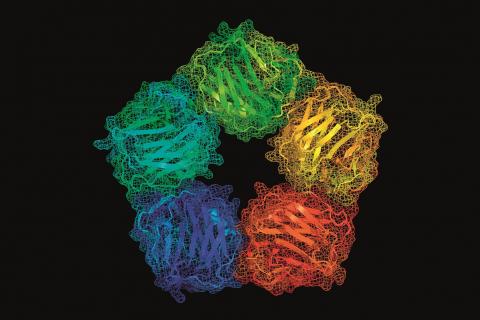
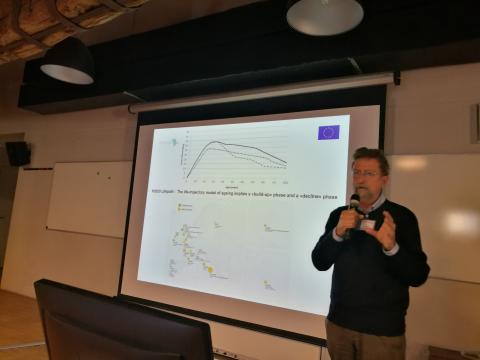

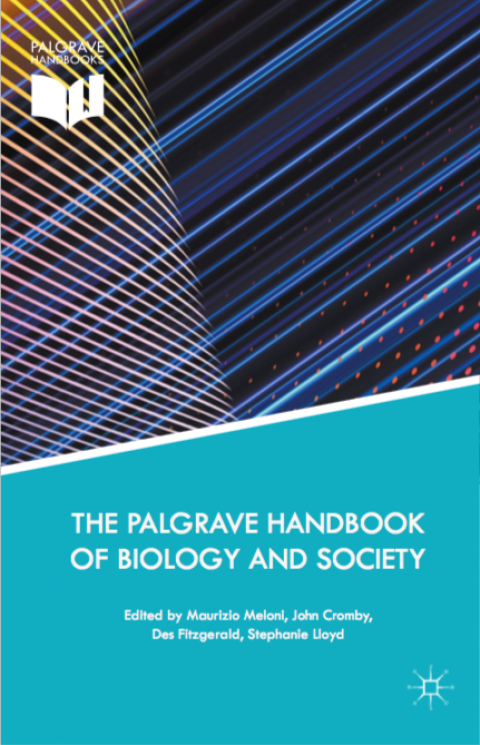
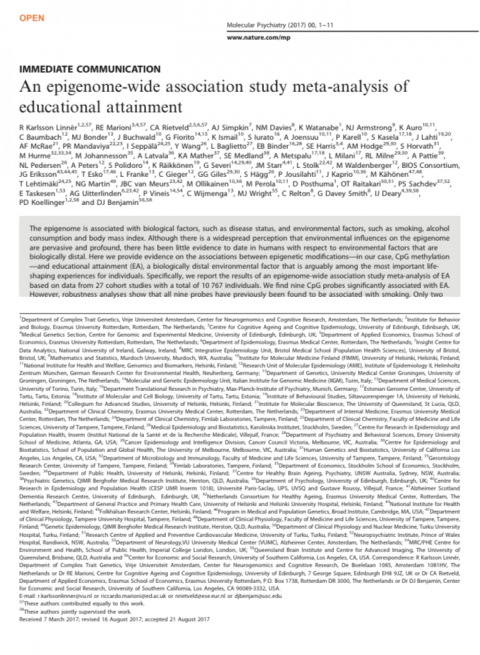
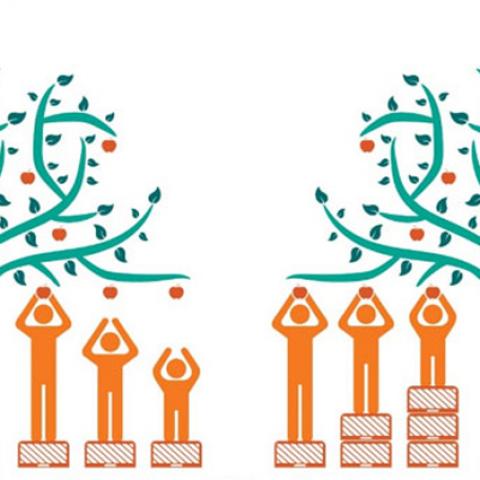




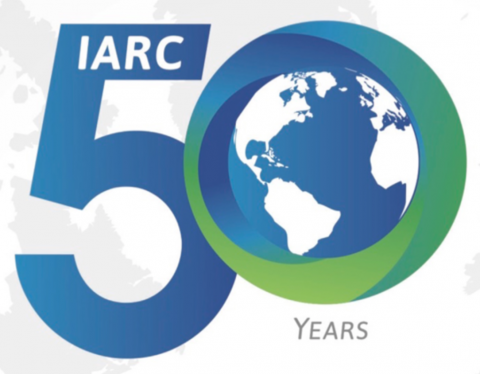


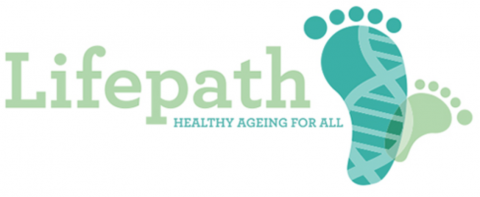




 Lifepath
Lifepath